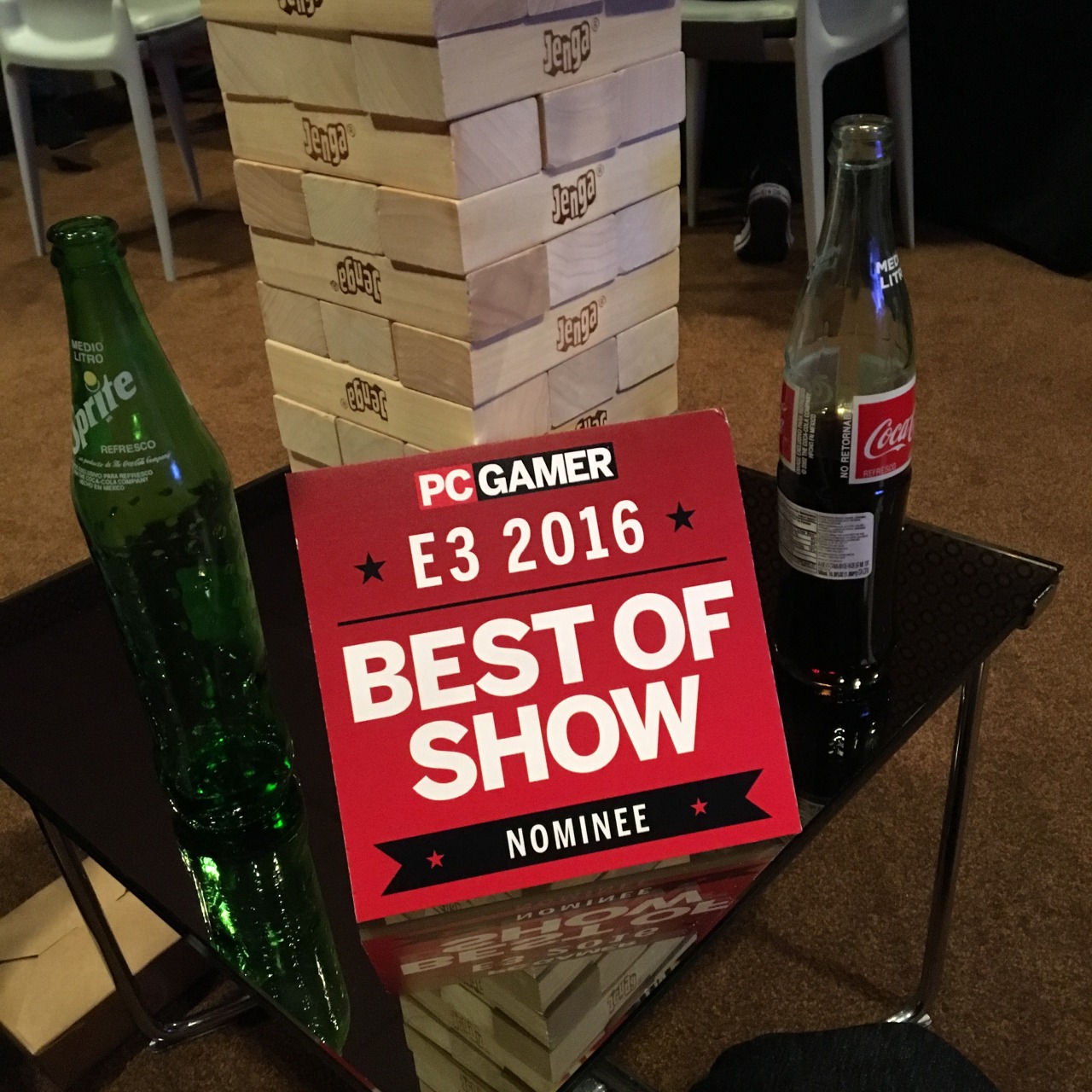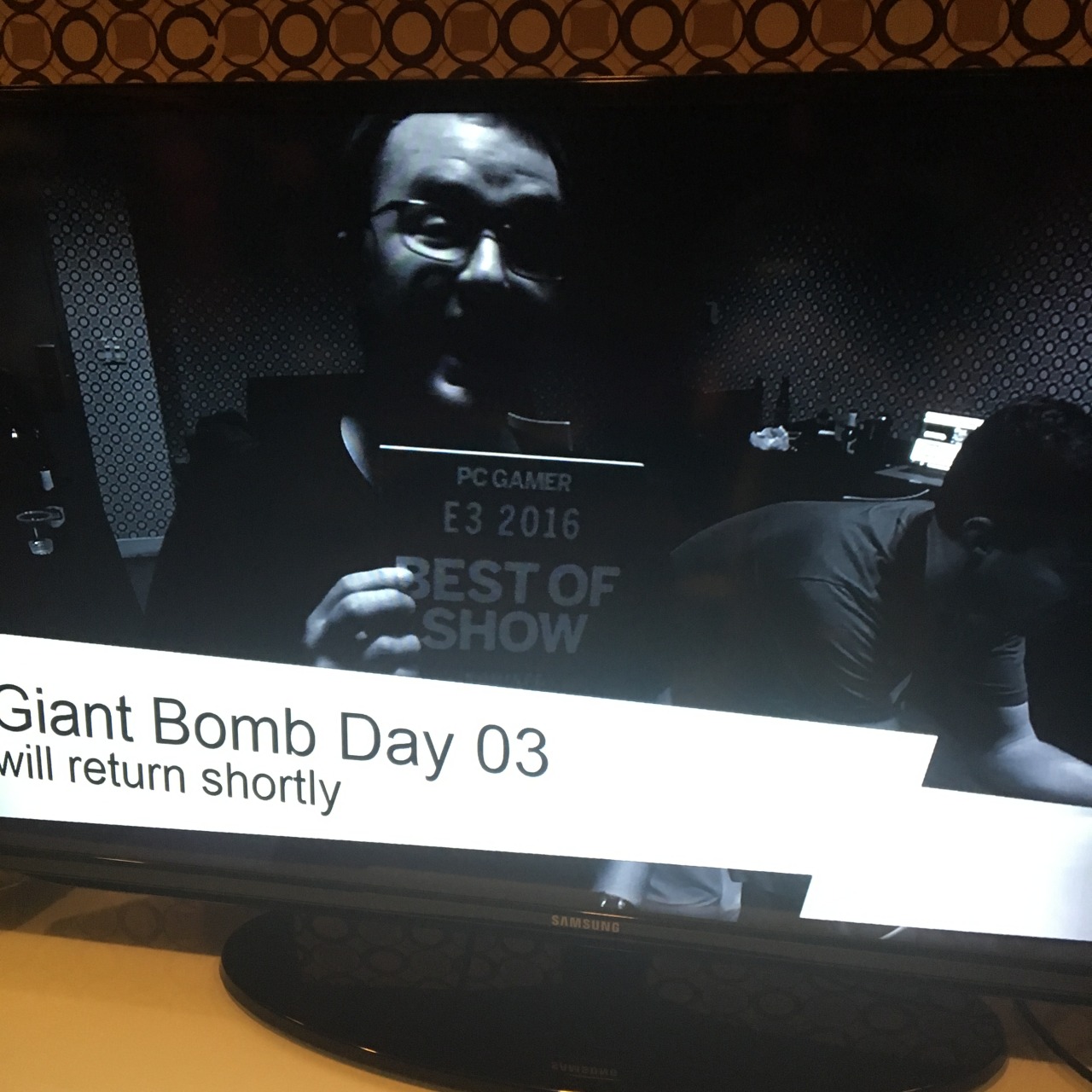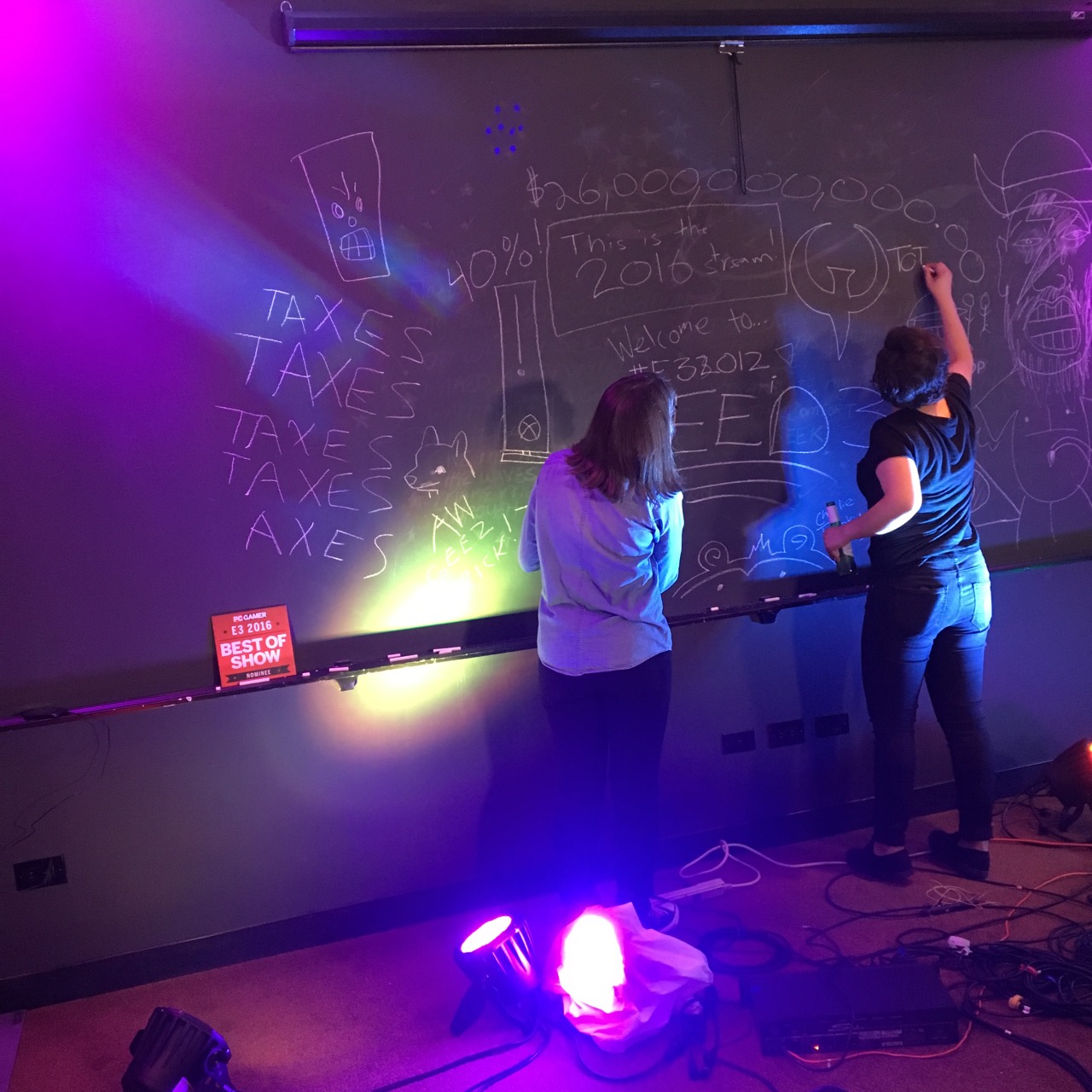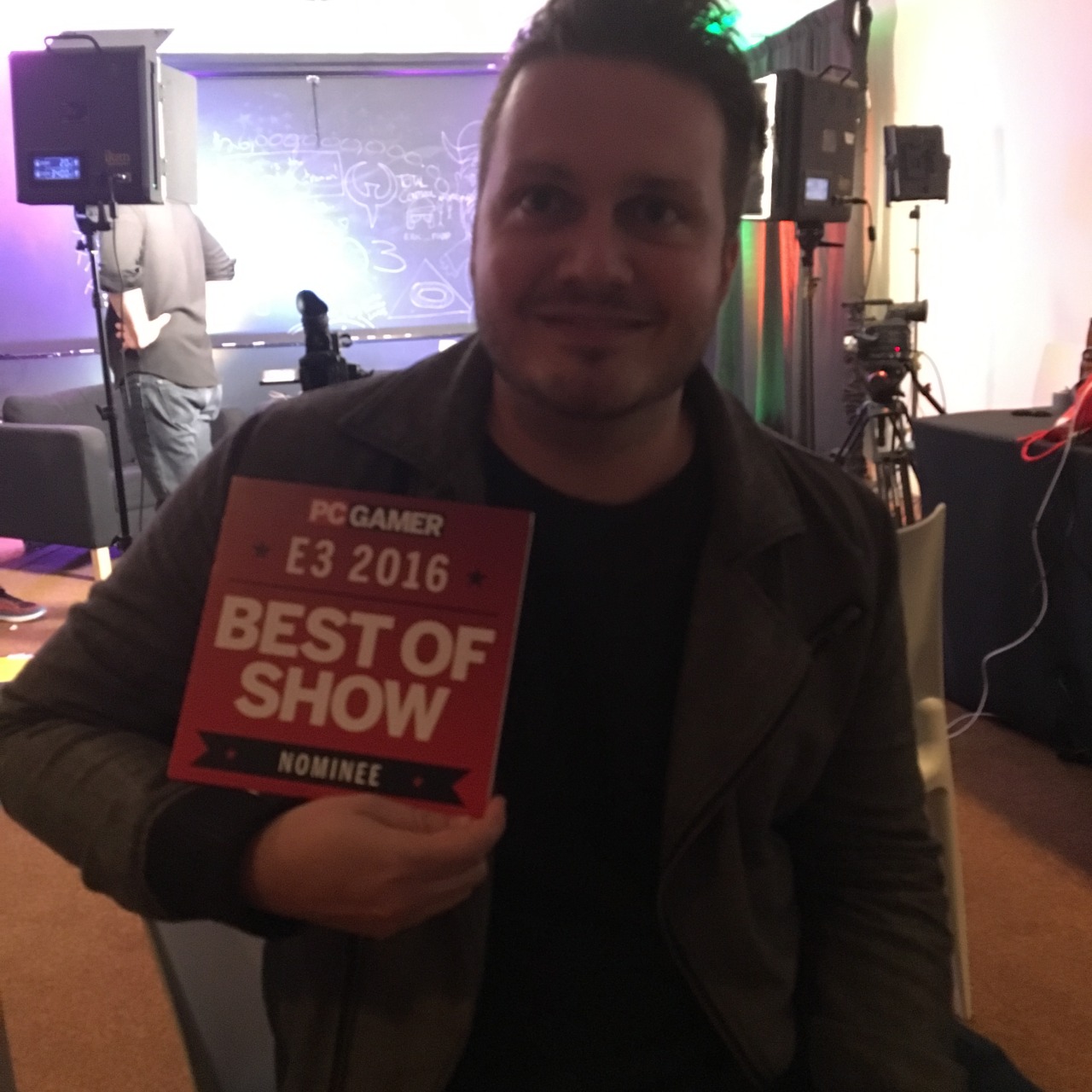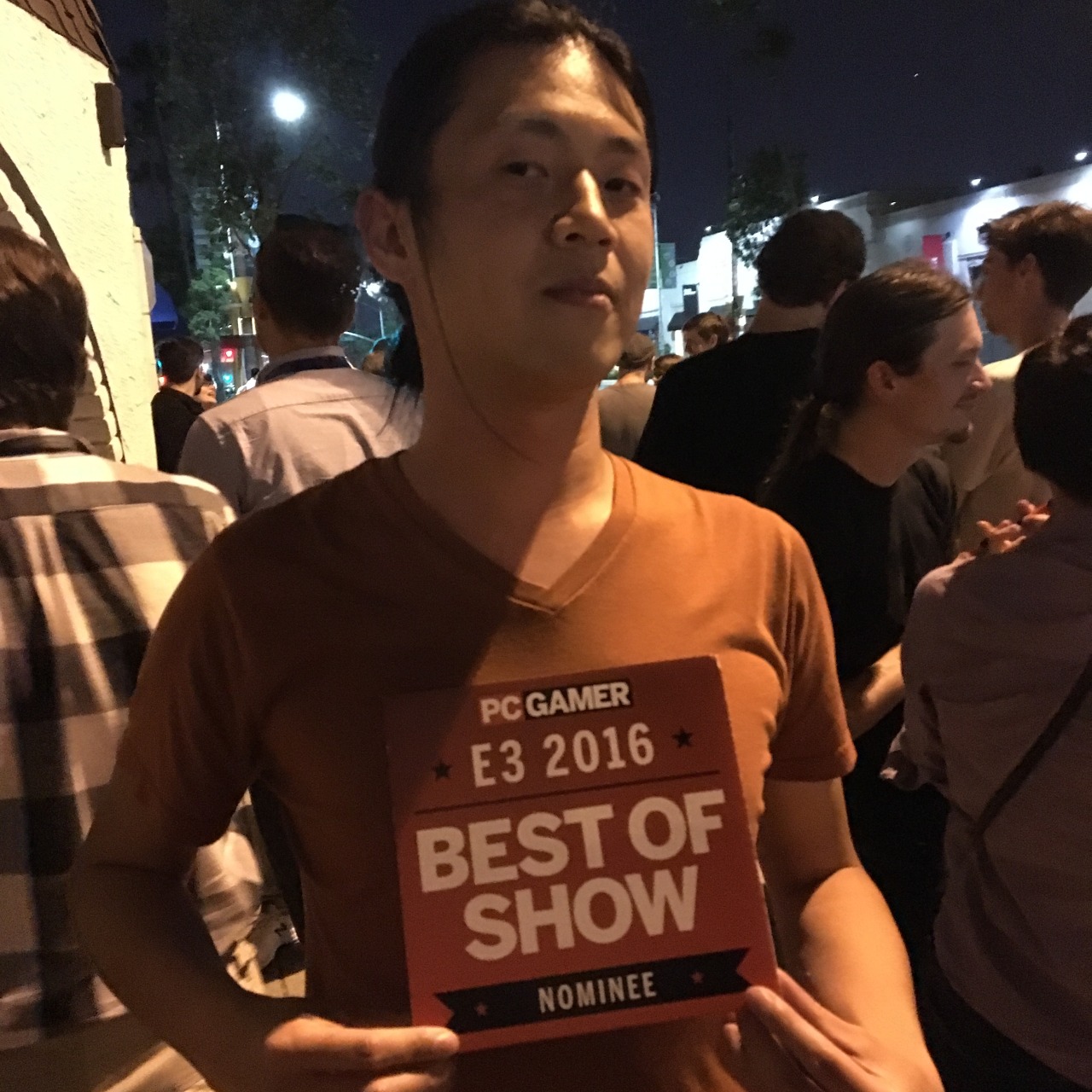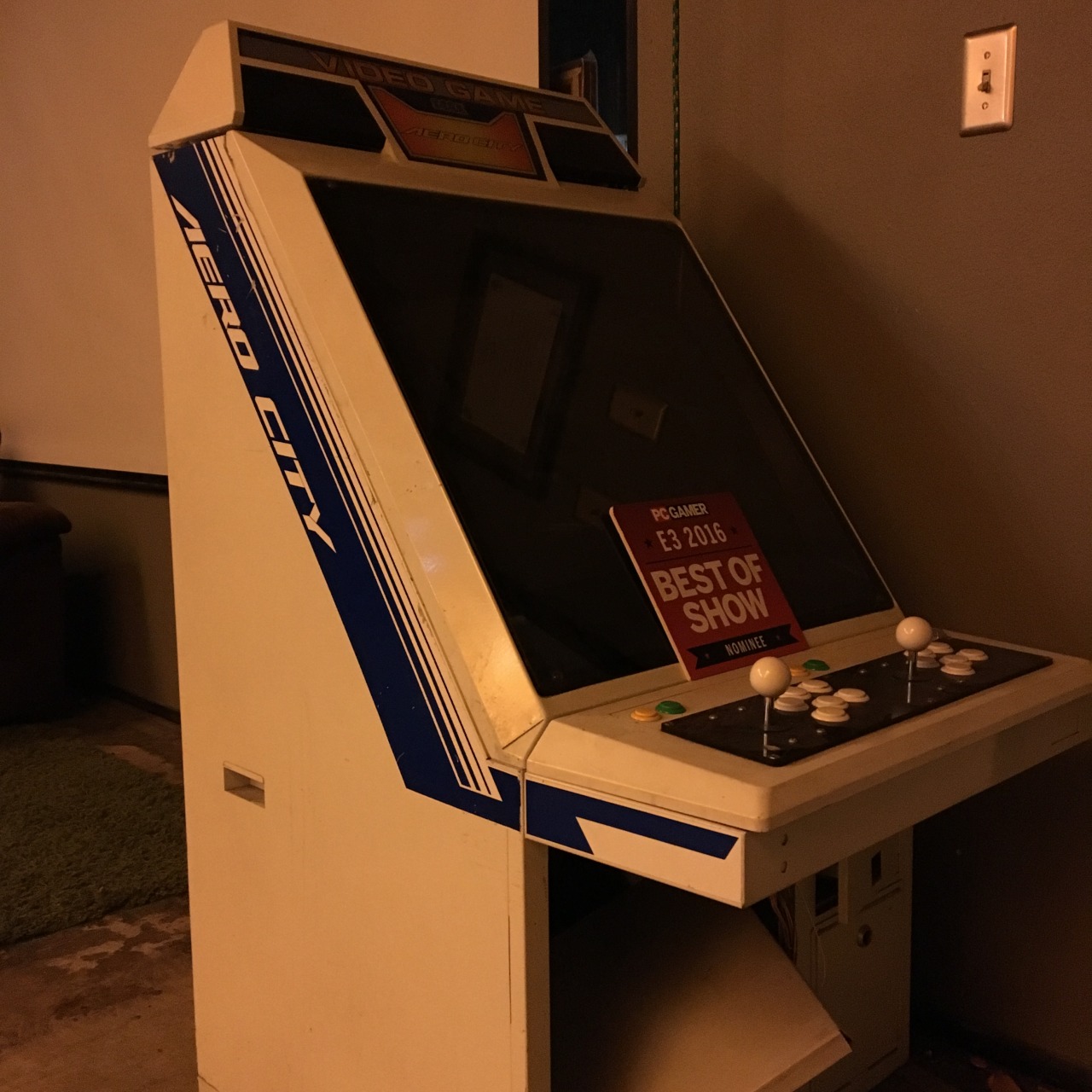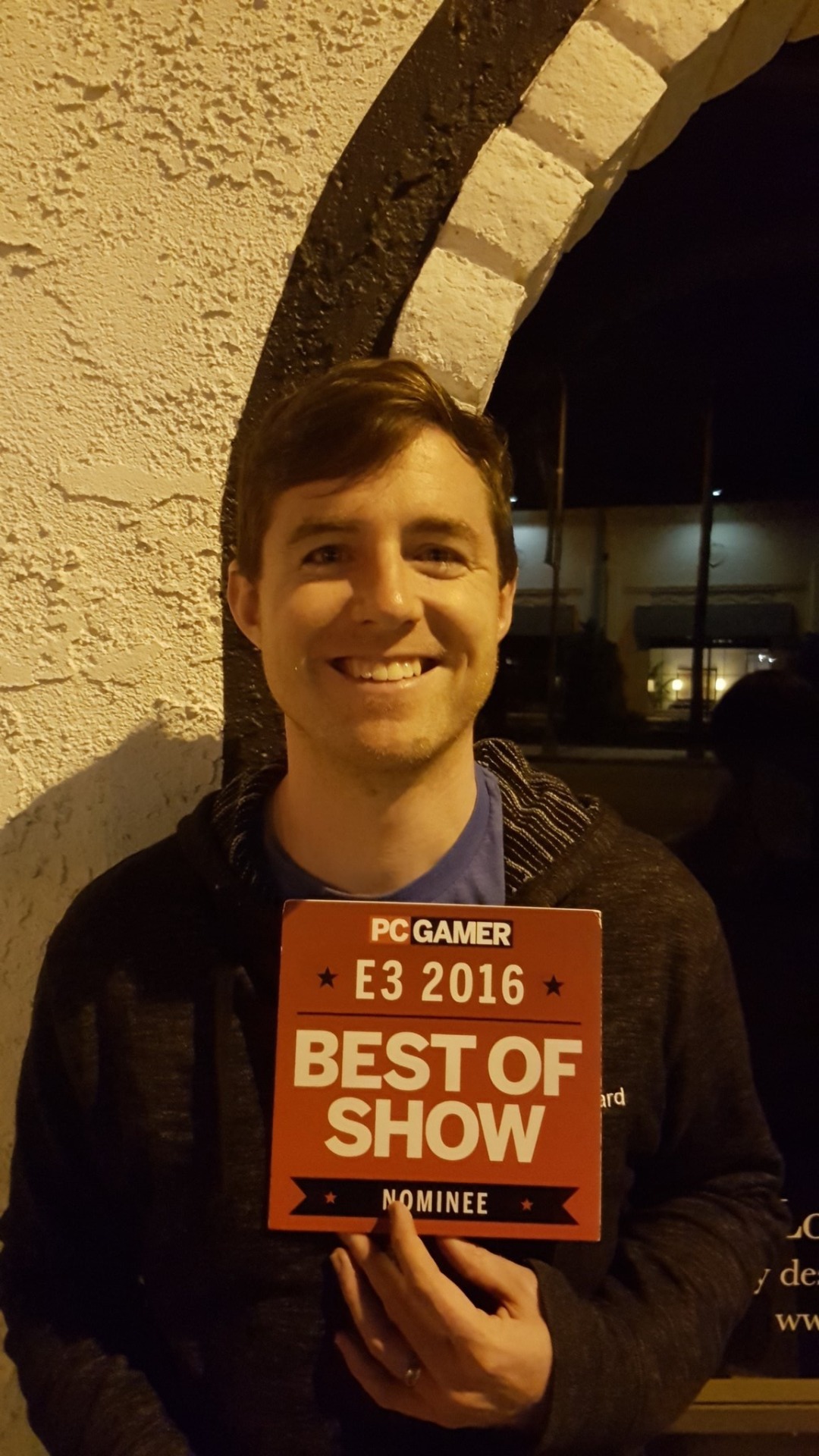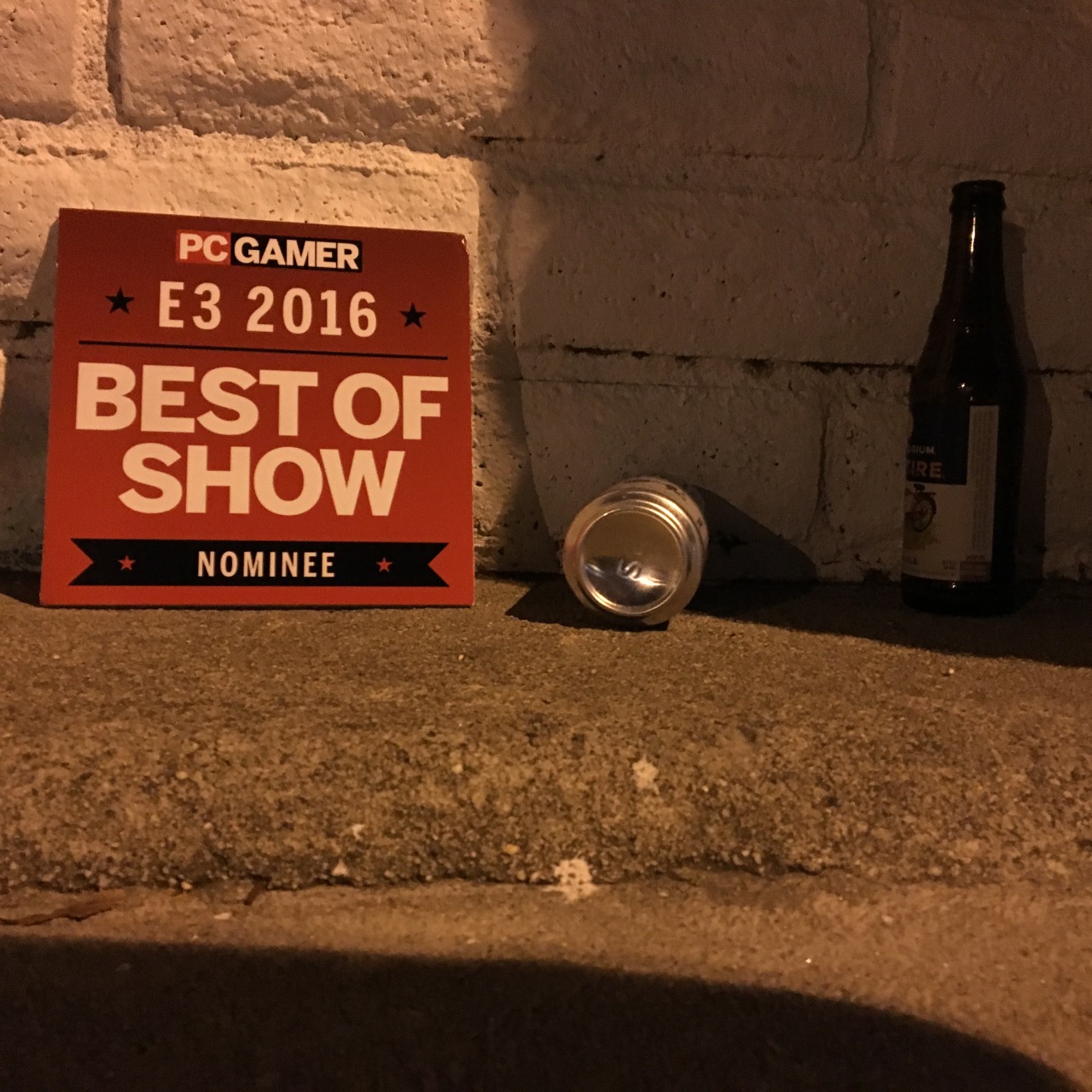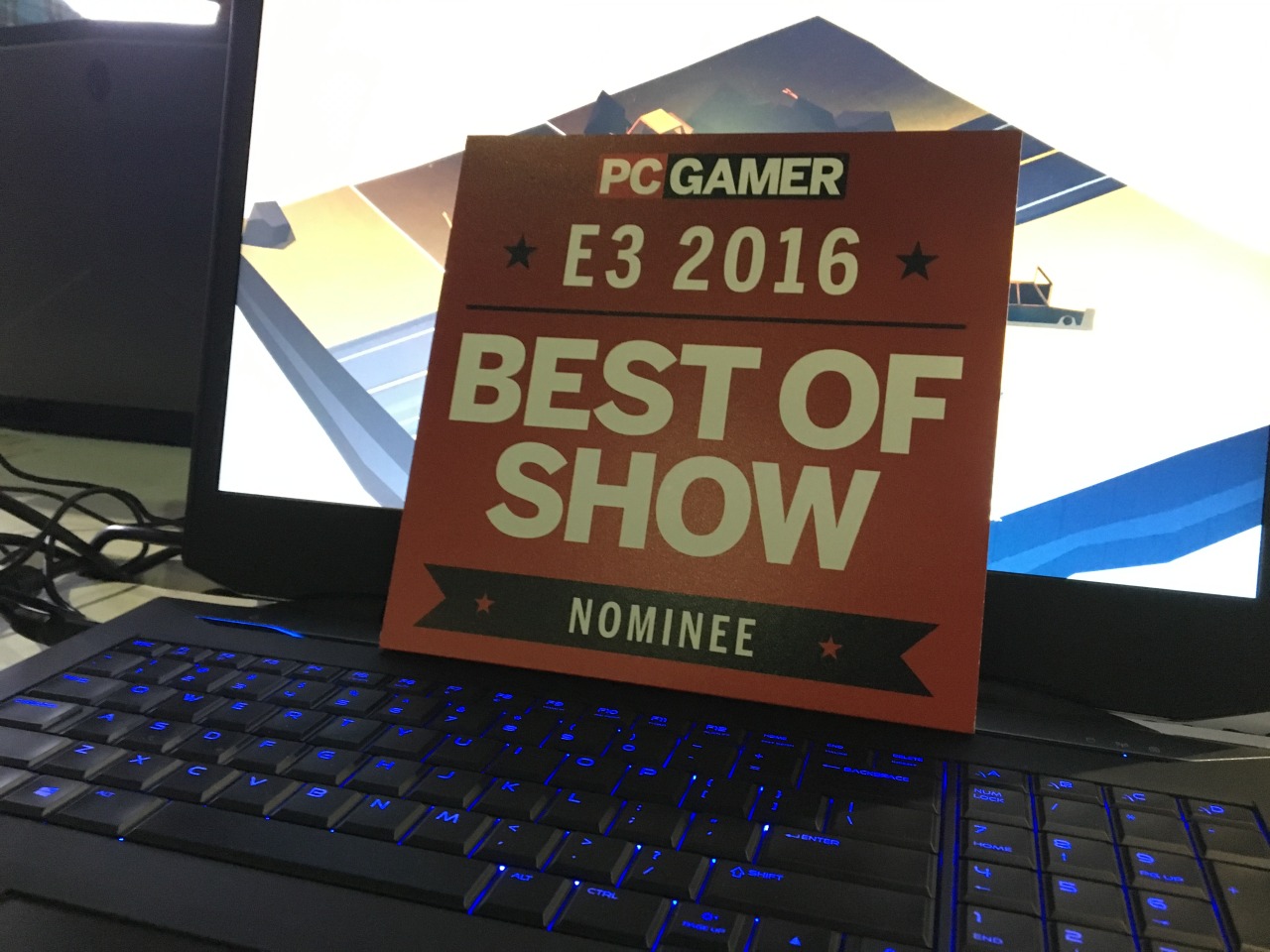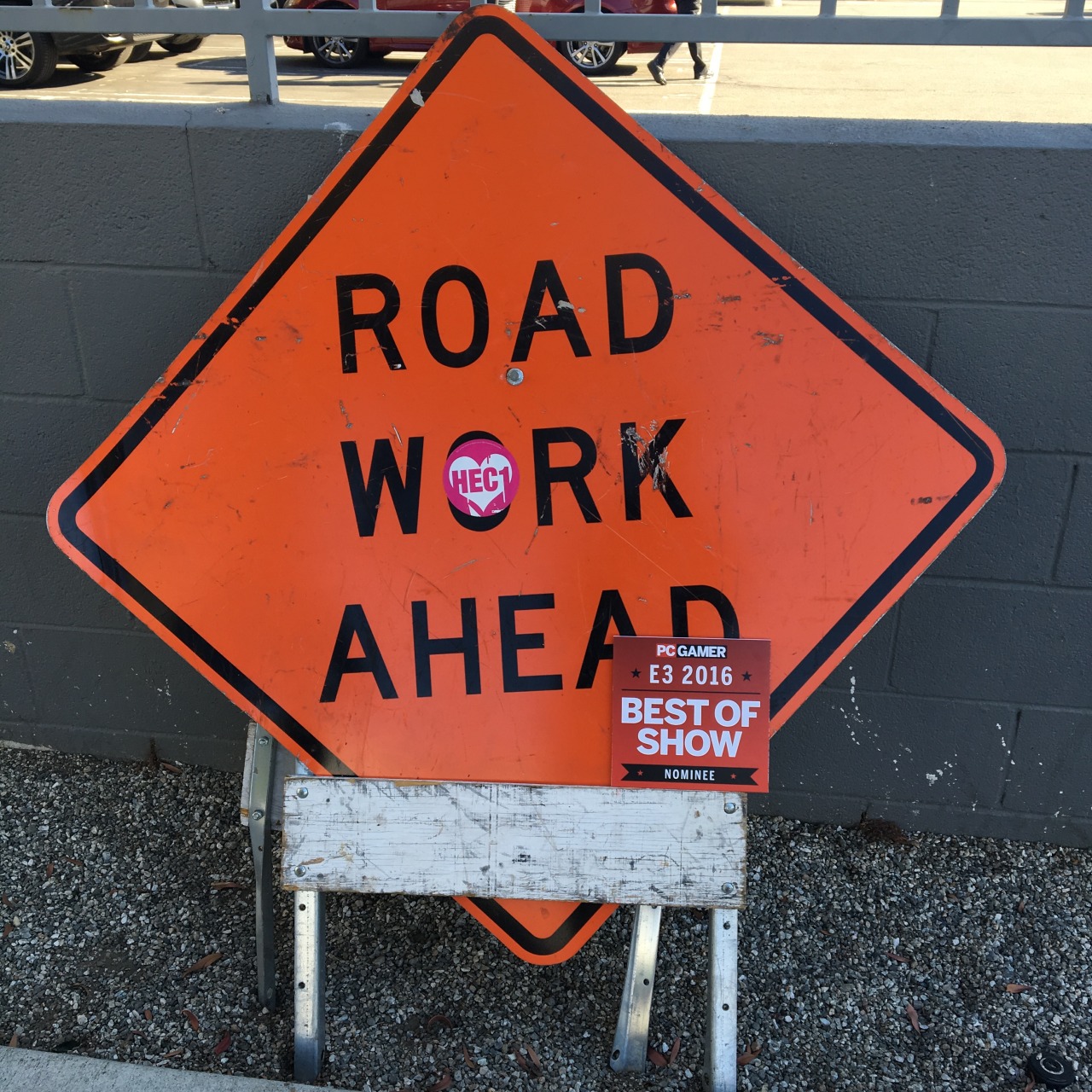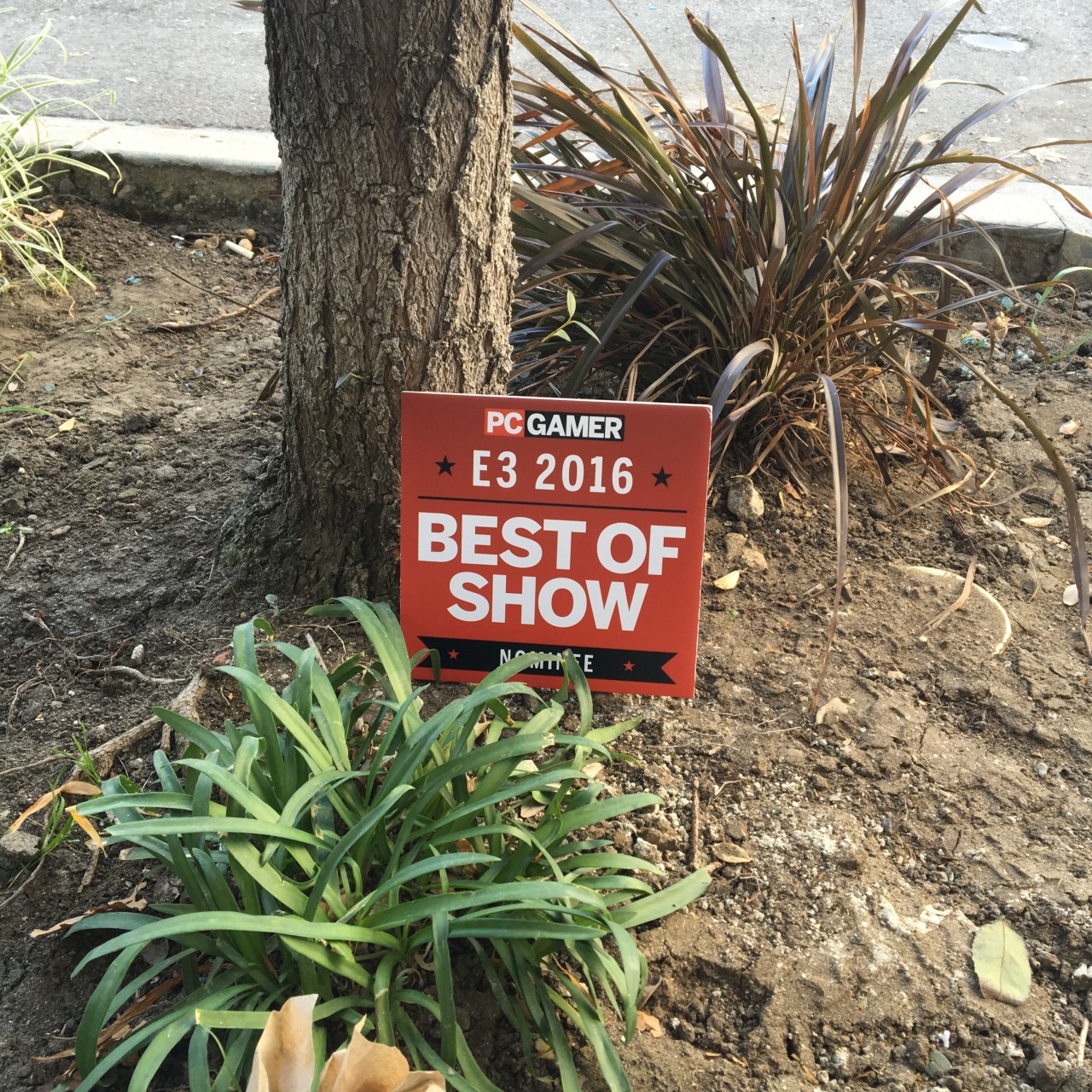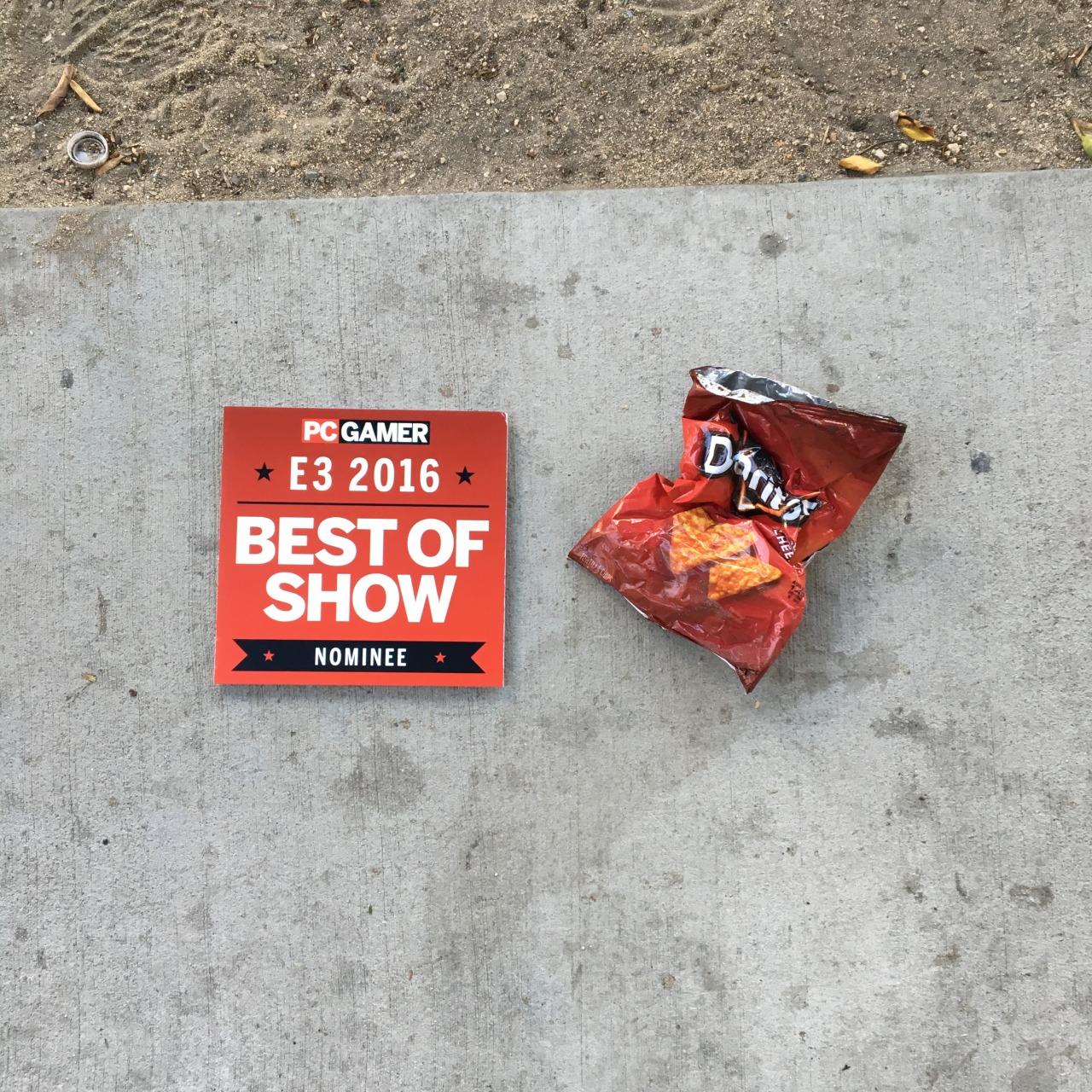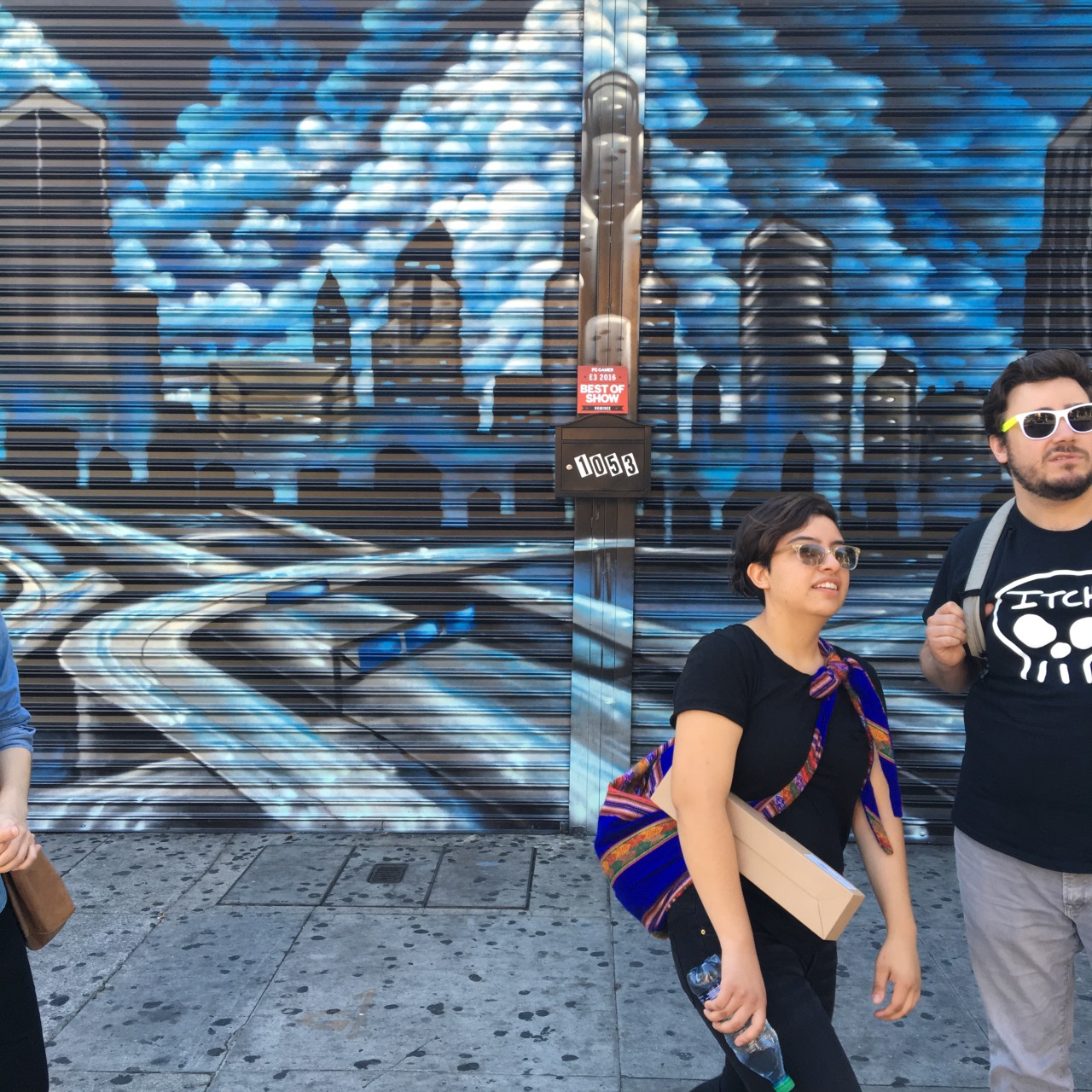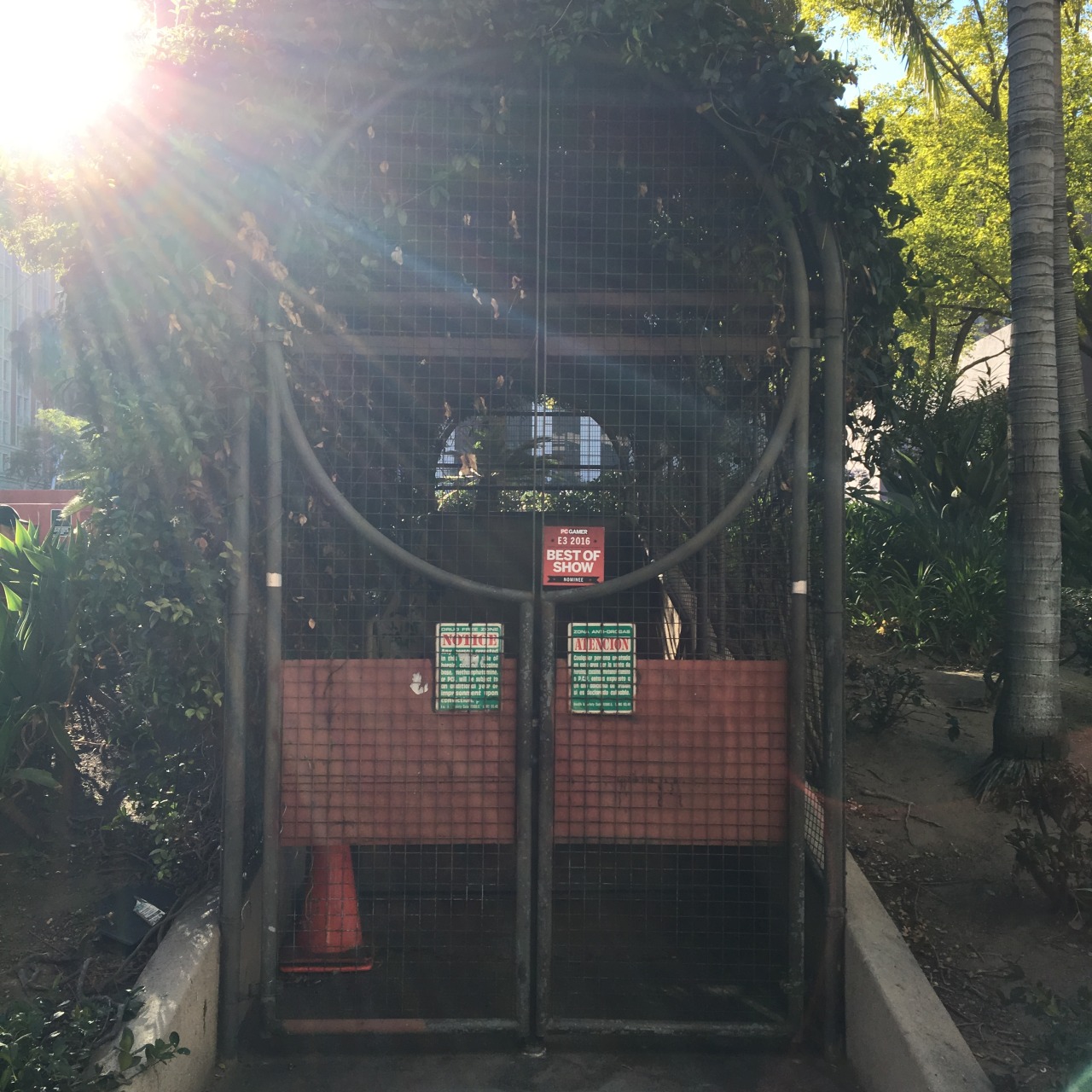.jpg)
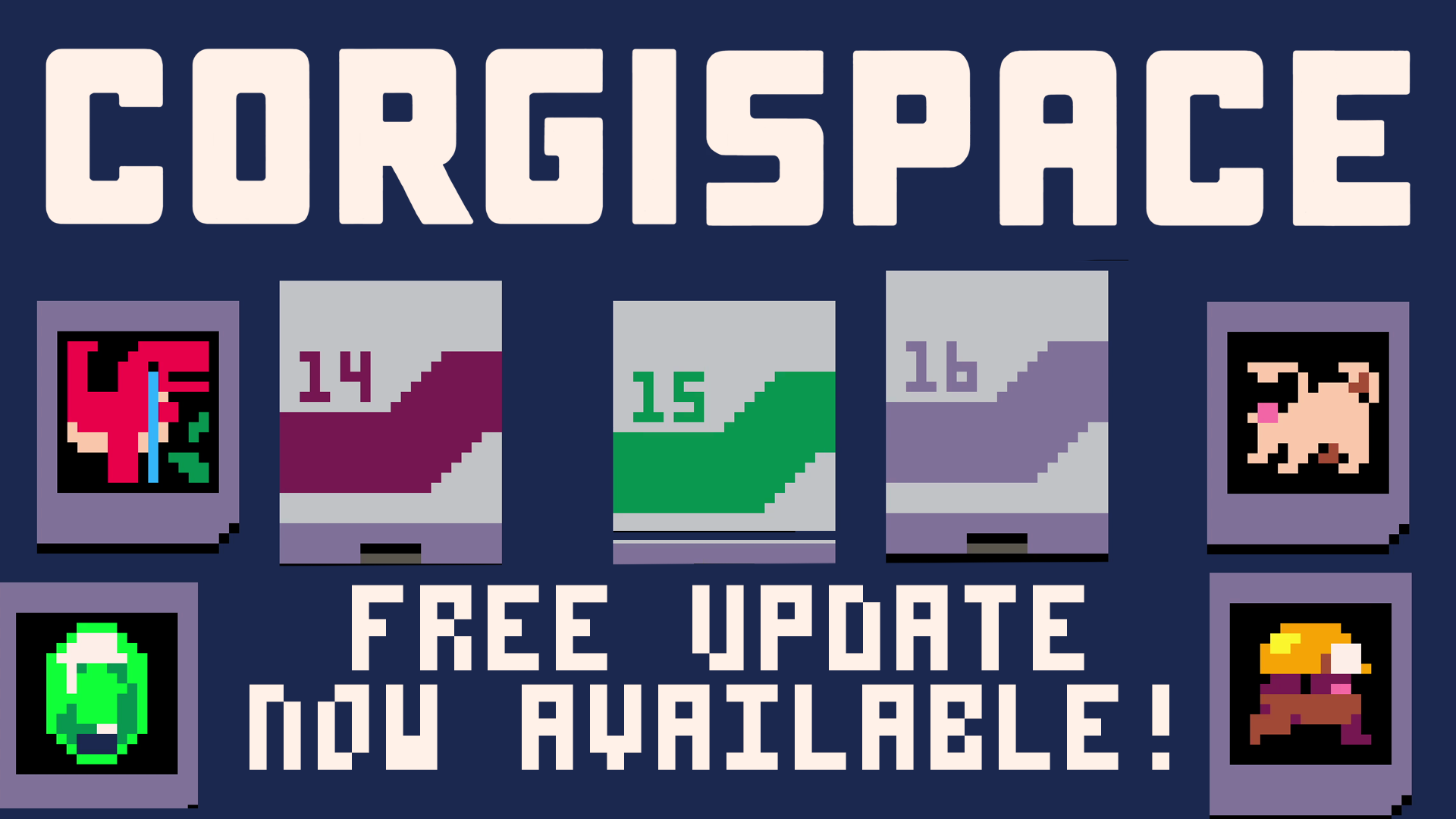
3 New CorgiSpace Games
Available now!
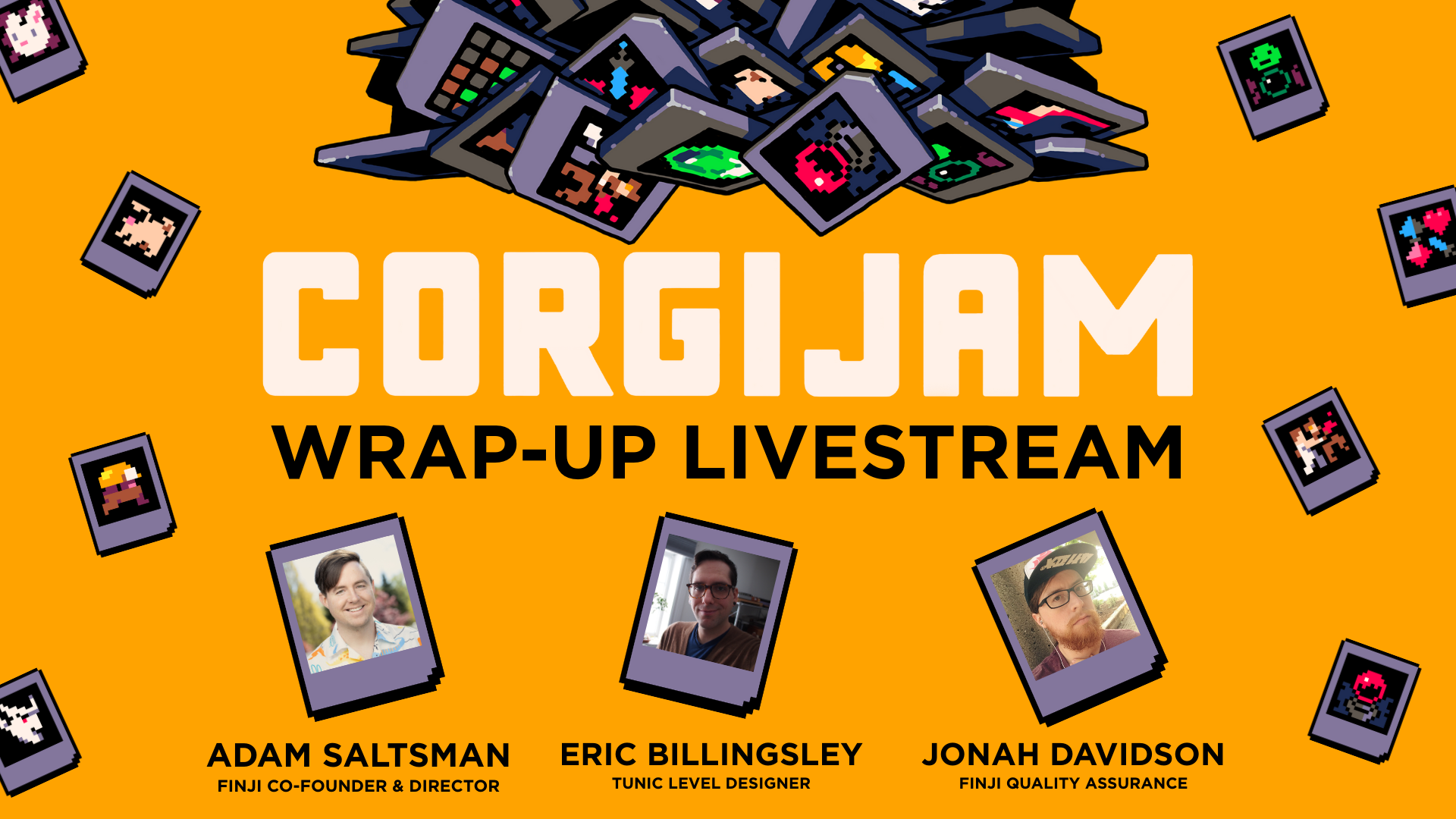
CorgiJam Wrap Up Livestream
Talking game design and playing CorgiJam entries!

An Interview with CorgiSpace Dev Adam Saltsman
And how we made that wacky trailer
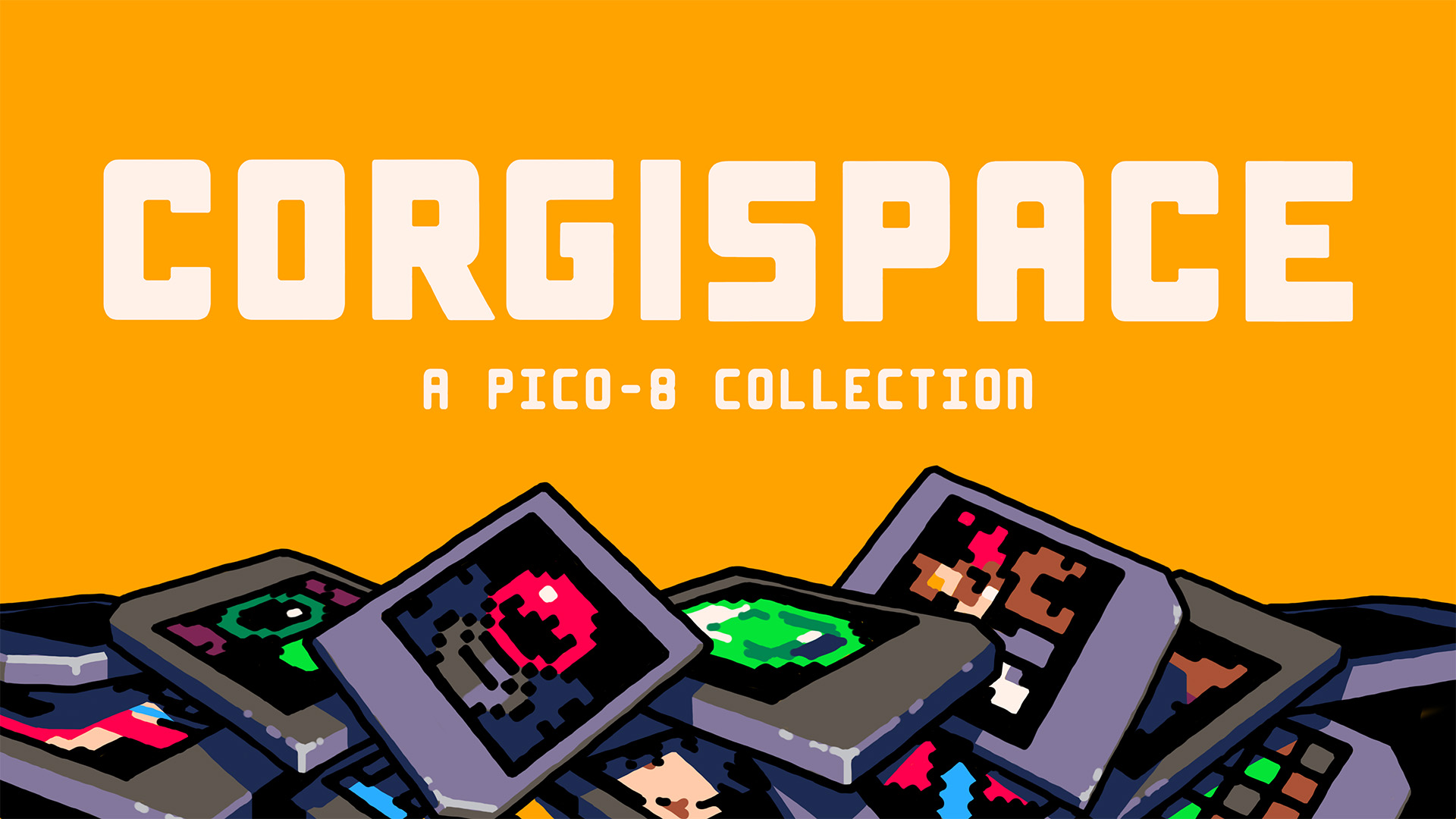
CorgiSpace is out now!
A fun collection of small games!
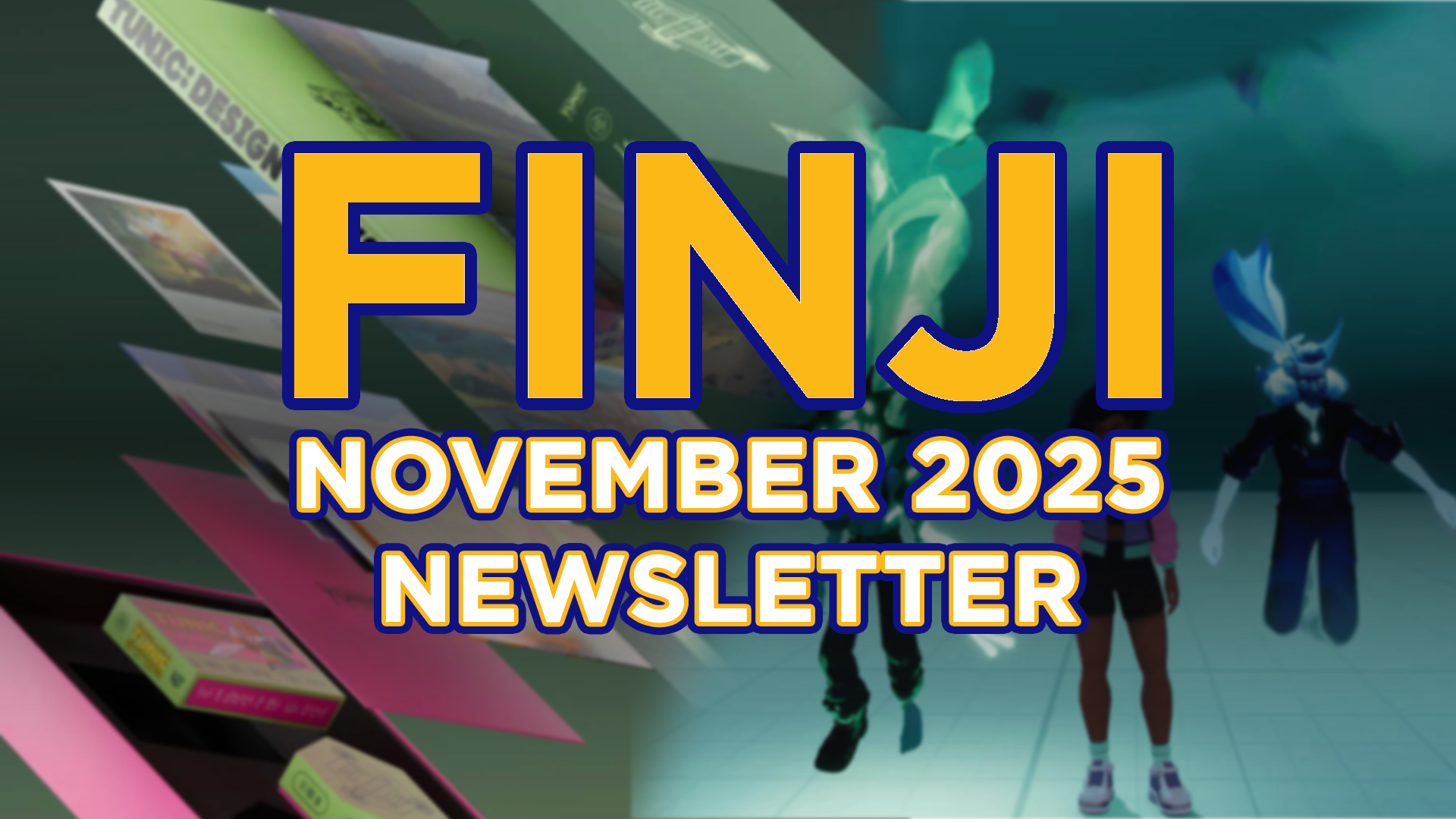
An Interview with Tunic Lead Dev Andrew Shouldice
Plus, a Usual June dev update about ghost effects!
the first ever overland newsletter is live now on
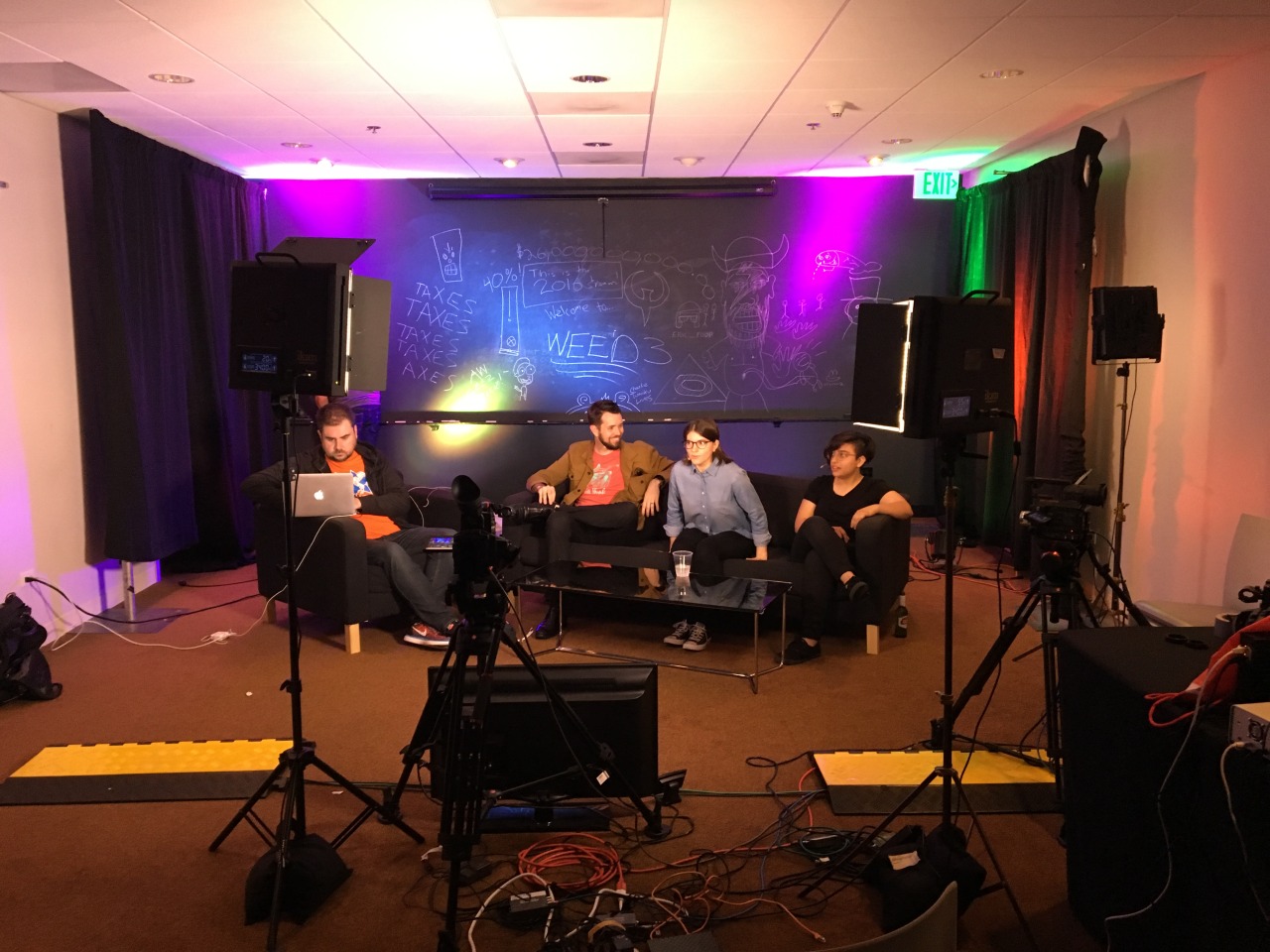
haha we made heather and jocelyn go on the tv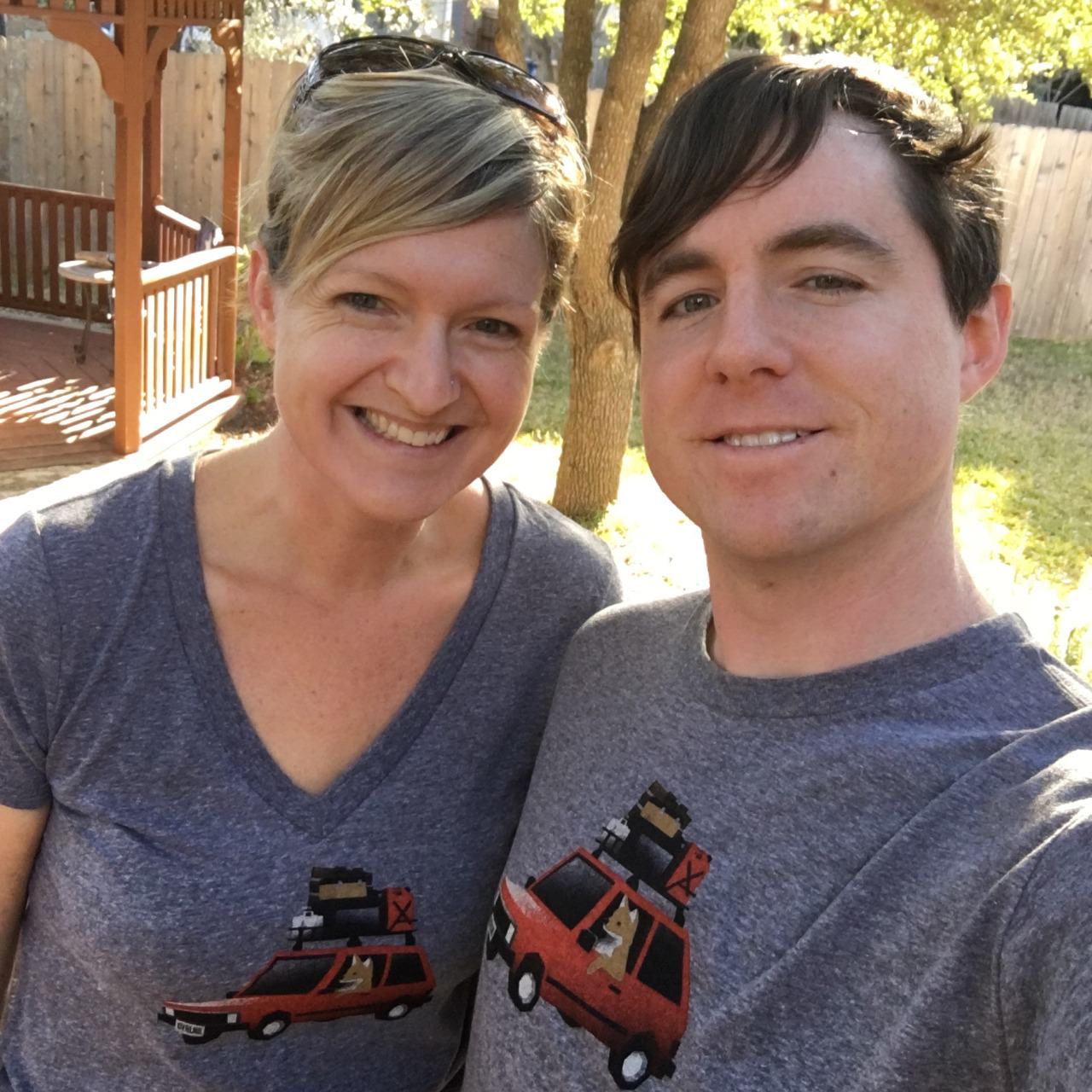
CUTE SHIRTS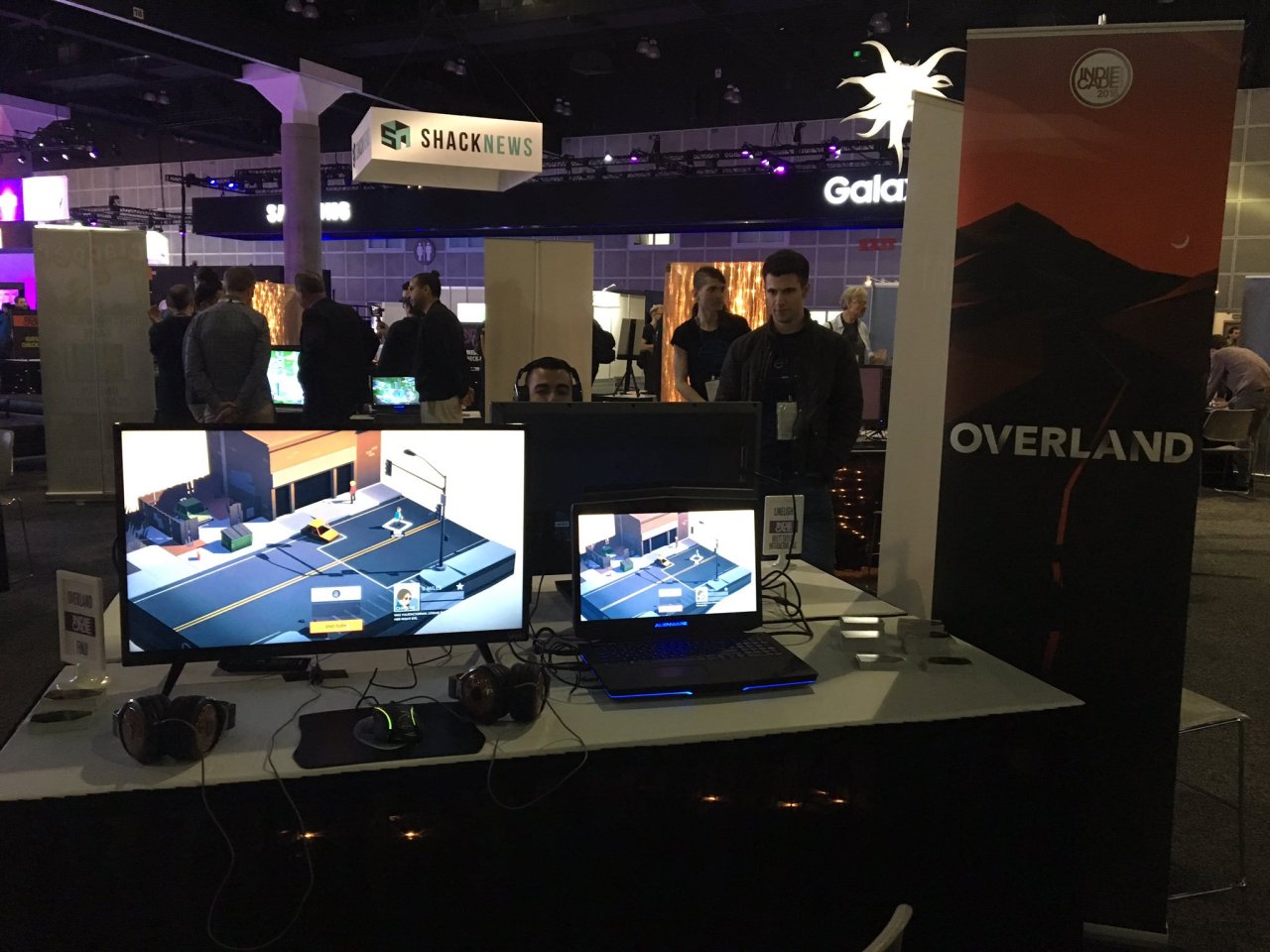
CUTE BOOTH
The first ever Overland newsletter is live now on Medium! Contained within: what the heck we’ve been up to for the last year, the new Finji shop is online and our glorious pupcar shirts are available now, that time we made Heather say a whole thing on a stage at a press conference, our new build script Waffles the Virtual Dog, and many other kind words from wonderful folks.
to celebrate the release of the achingly gorgeous
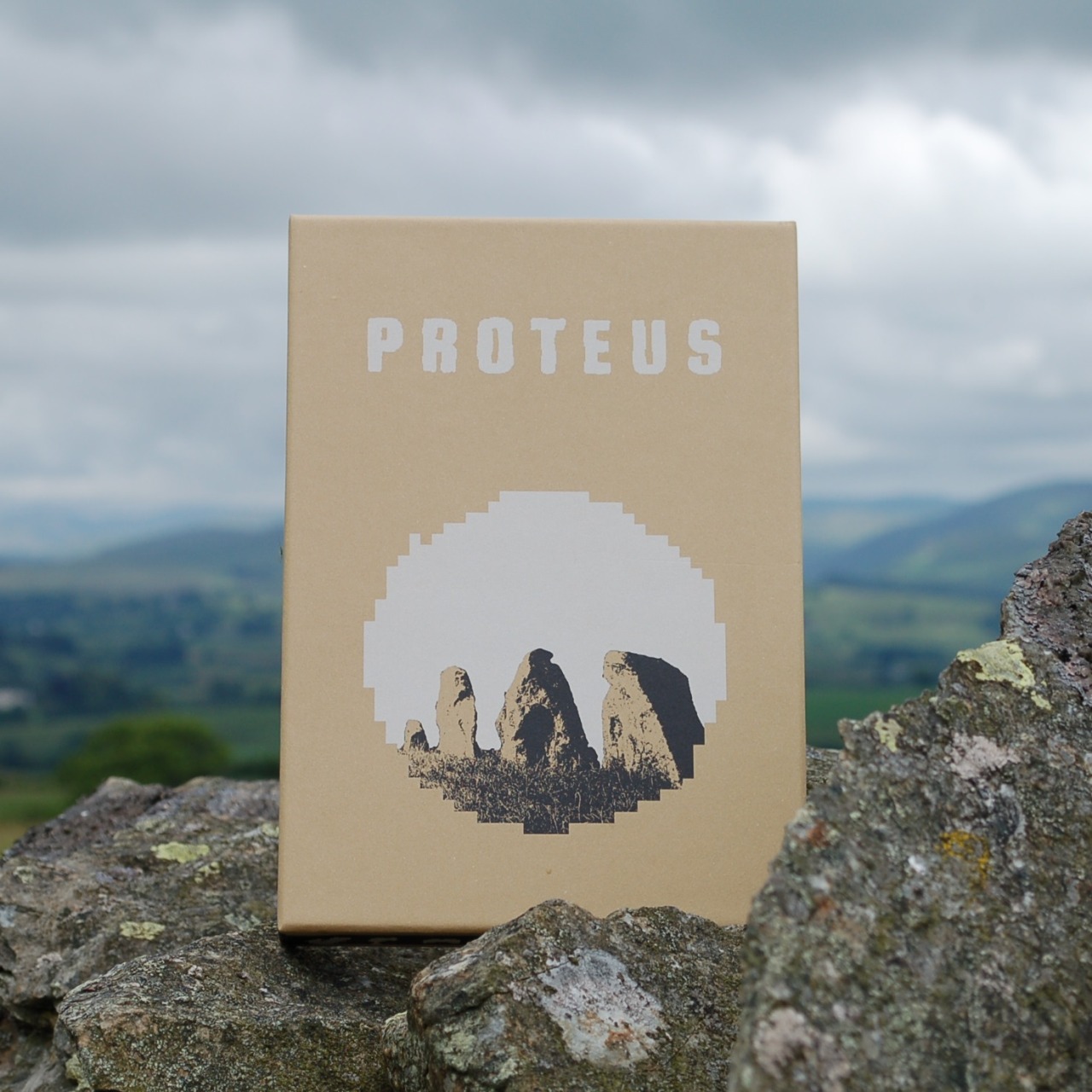
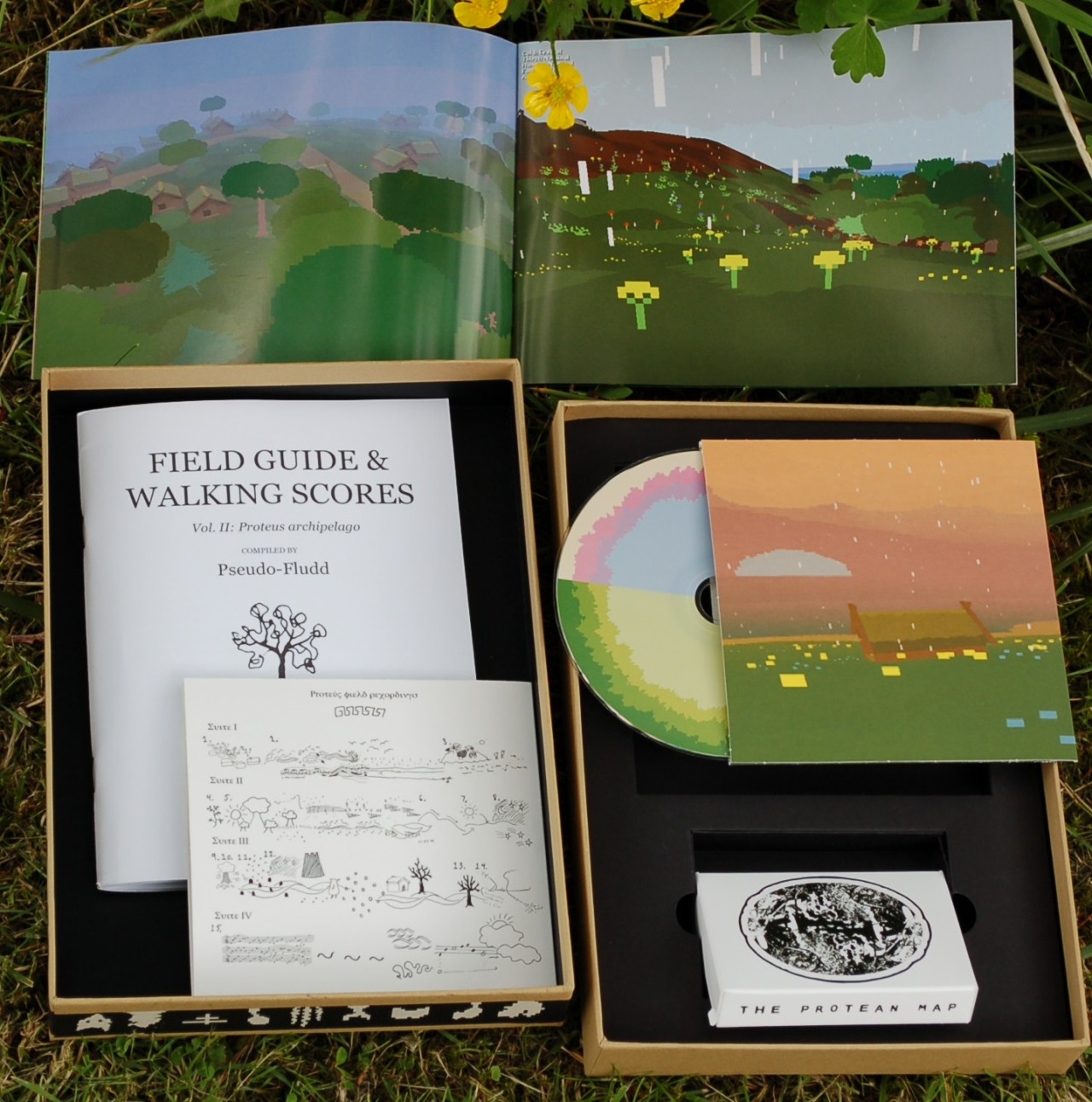
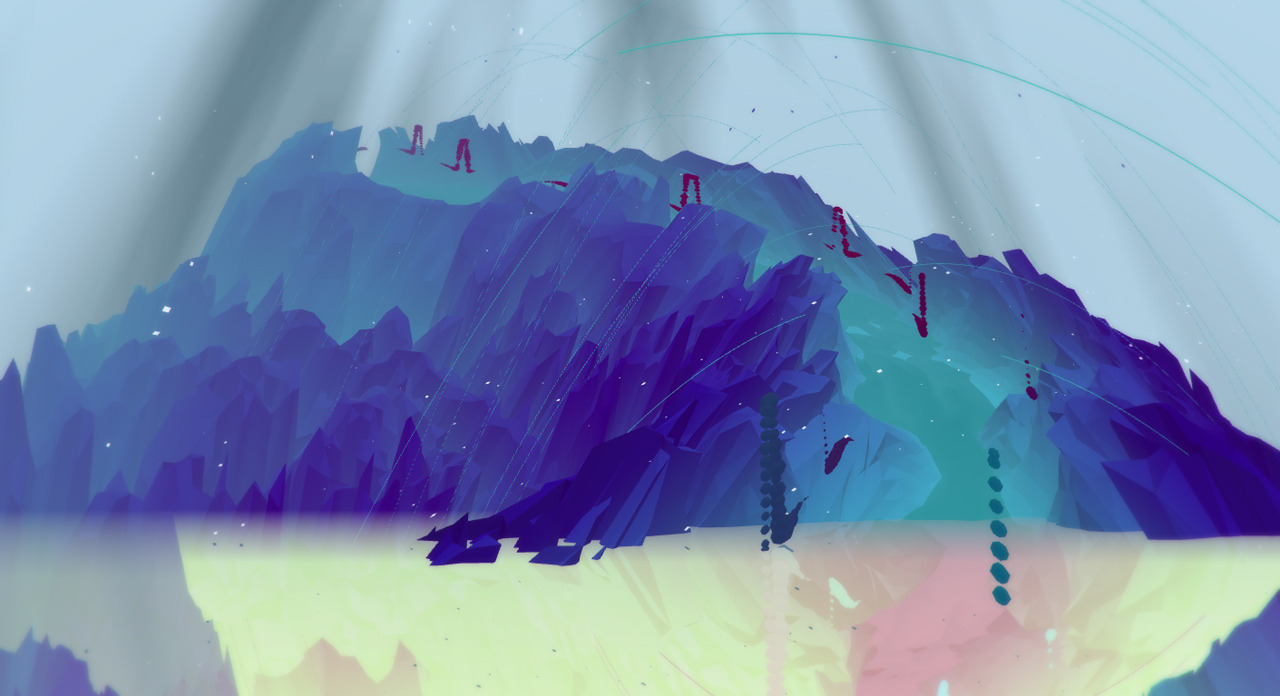
To celebrate the release of the achingly gorgeous PROTEUS: ARTIFACT EDITION from Twisted Tree Games, we’re sharing Steam coupons with Proteus and Panoramical owners until July 26th! If you own Proteus or Panoramical on Steam, or pick up a copy before July 26th, you will find coupons in your inventory right now. Explore strange landscapes and bask in the superb soundscapes of mad genius David Kanaga!
80 off pid and 75 off feist hello everyone we
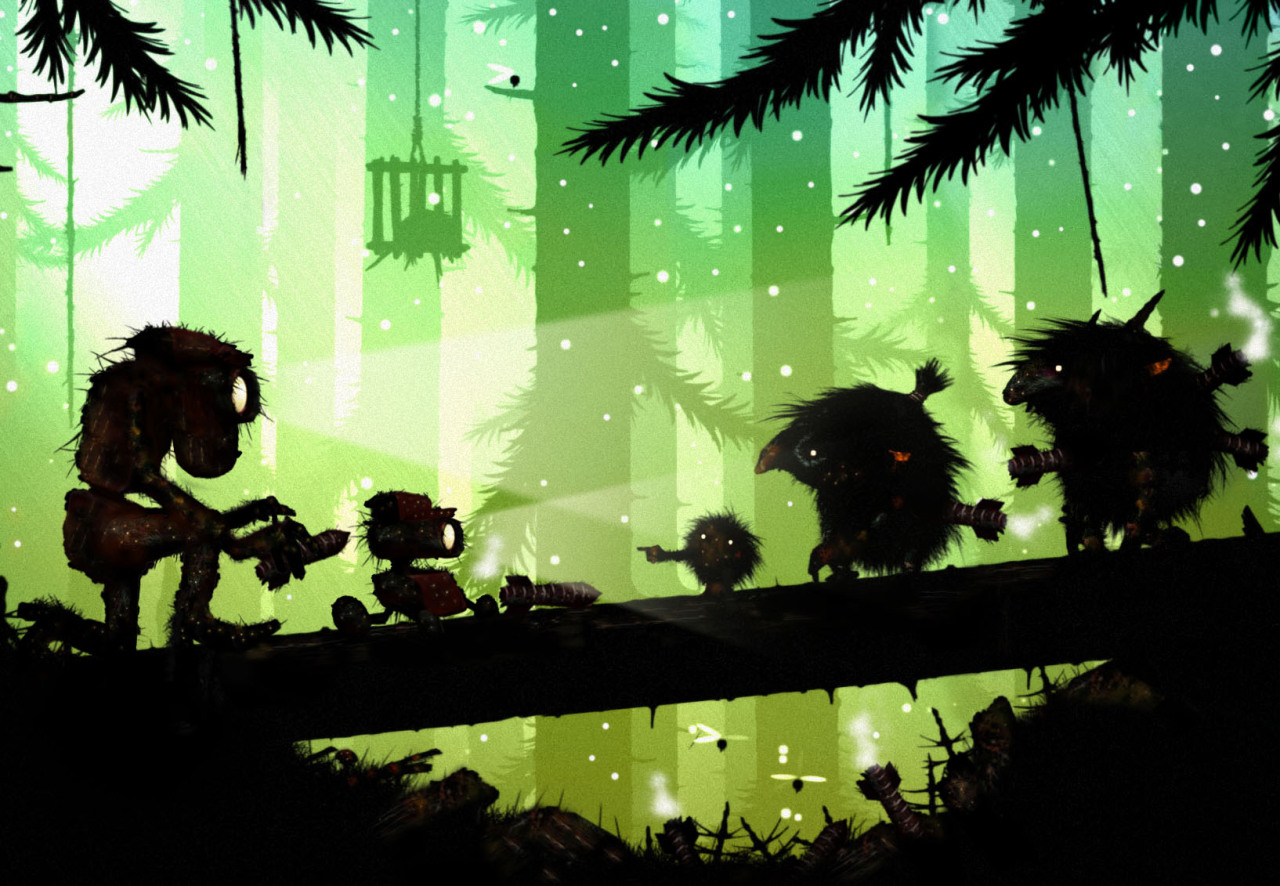
80% off PID and 75% off FEIST! Hello everyone, we have good news! If you own FEIST then you now have an 80% Coupon for wonderful PID from our friends at Might & Delight in your library! PID is an award-winning, challenging platformer with striking visuals and a deep engrossing story that transports you to a world beyond ours!
Also, if you already own PID, but haven’t had the chance to try out FEIST yet, then you have now a 75% coupon for FEIST. And even better: If you already own PID and FEIST, then you should have 2 coupons in your library - wow! So feel free to give the coupons to a friend. Check your inventory now - the coupons are only valid from May 16th through May 29th! Thanks for reading and have a great time!
the big move so this is pretty weird to type for

The Big Move So this is pretty weird to type for reasons I’ll elaborate on below but the short version is, well, Finji is relocating from Austin, TX to Grand Rapids, MI effective June 2016. Yup. See you in the mitten!! points to corner of palm We’ve been somewhat-tongue-in-cheek referring to Finji as a “mom and pop indie label” because Bek and I are uhhh a mom and dad respectively so I guess it’s not really tongue-in-cheek even. Finji is a family business - hopefully my kids can find an occupation that doesn’t involve throwing hundreds of thousands of dollars down the tubes makin gams about car-stealing dogs but UNTIL THEN it’s still the family business. Sorry dudes.
Anyways the unavoidable truth is we don’t really have a lot of family here in Austin. We have marvelous thoughtful caring inspirational friends but whether we like it or not it’s not really the same. The family we do have here can’t afford to actually retire in this crazy city (more on this below). And we have a lot of family in Michigan. And there’s no amount of planning we can do that really changes this. The kids need aunts and uncles and grandparents that aren’t on the other side of an airport, while they’re still kids. The other big thing on our minds is sustainability. Austin has what’s known as a “booming” economy, which means a lot of things, most of which are complicated, but ultimately that it’s getting pretty expensive to own or rent a place here. It’s a uh seller’s market. We’re not talking Vancouver expensive or even San Francisco expensive, and we want to reiterate that Finji is in great shape financially right now (partially thanks to said seller’s market), but when we start looking a year or two down the road Austin is not the kind of economic atmosphere that supports the kind of indie game studio that we run. Plus, if we go now, then we don’t have to move the kids while they’re already enrolled in elementary school with established friends and all that stuff. And even though when we type all this stuff out it seems to make a lot of sense, it’s still been a source of constant apprehension for more than six months now. We built everything that matters to us here in Austin and we are going to miss it like crazy. Anyways, that’s the big stuff I think - it’s time to get back near family, ideally someplace that allows small family businesses to thrive in the long term, so we can keep making and supporting all the weird and beautiful games that we love for more than another year or two. We’re gonna miss the breakfast tacos though. Well, the tacos and the amazing community of funny, clever, creative geniuses that have made Austin feel like our only real home for more than a decade. Ah god dammit here’s the bit where I choke up shit ok love you guys adam + bekah
